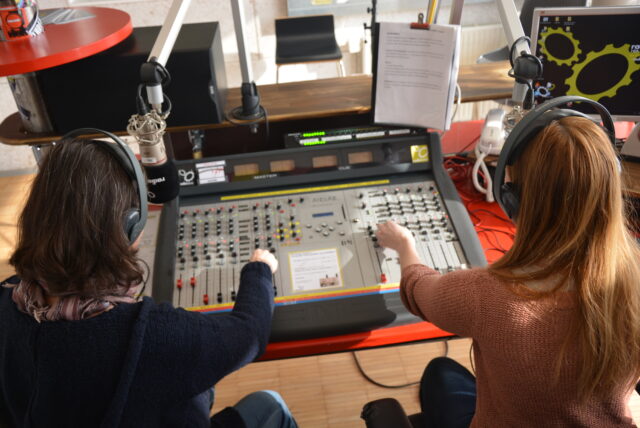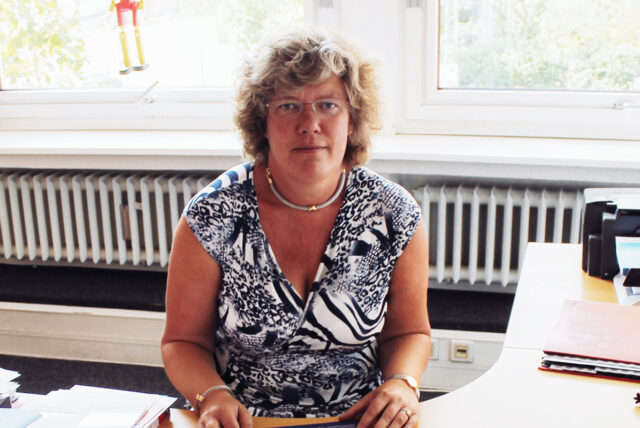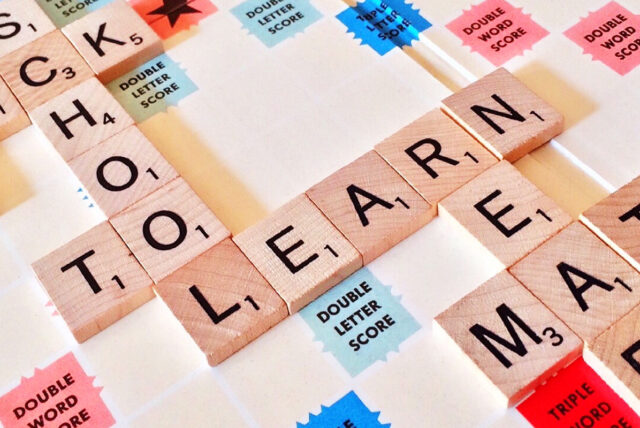Learning & teaching
This category offers articles on best practices in learning and teaching, as well as the benefits and challenges of adult education and lifelong learning. These articles also explore global societal phenomena and their connections to lifelong learning.

The deepening gap in digital media literacy
In the era of misinformation, digital literacy skills are needed more than ever before. Most countries around the world have adopted media literacy education at various levels. However, despite the urgent need, many developing economies are lagging behind.

The right to have a voice
In Austria, community media has had a significant role in teaching adults critical media literacy. The inspiring case brings front a conclusion: while it is important to reflect on media reception, adult educators should not forget the dimension of active media production.

What’s up in digital media literacy education?
To find out how we are doing in the field of digital media literacy, we conducted a small comparison between three European countries. The reported experiences are different – but also the same. Here’s what the Danish, German and Portuguese adult education experts said.

Dare to Learn – the melting pot for educationists in Helsinki
The second Dare to Learn event showcased the best conventions and the brightest new ideas on education and learning.

“Erasmus programme needs to be designed more inclusively”
In order to create a unified European area of education, all member states should agree on common educational goals, including a fixed amount they will contribute to education, says Petra Kammerevert.

Building community top-down
Adult education has been a neglected field in terms of public attention and funding. The European Commission’s mission has been to change that. Part of their solution: EPALE, a community of colleagues that should give a voice to this diverse field.

“The full impact of Brexit to adult education in the UK is still unknown”
The EU offers funding and transnational learning opportunities – but it could do even more for adult education.
In three articles, professionals from Germany, Romania and the United Kingdom reflect on the importance, impact and issues that the European Union has brought to adult education in their countries.

Glossary: Adult education policy in Europe
Do you want to be able to hold a conversation about adult education policy in Europe? Memorise the main terms, instruments and tools guiding European adult education policy from this glossary.

“Non-formal adult education deserves the same attention as vocational education”
The EU offers funding and transnational learning opportunities – but it could do even more for adult education.
In three articles, professionals from Germany, Romania and the United Kingdom reflect on the importance, impact and issues that the European Union has brought to adult education in their countries.

People deserve a second chance
Ireland’s educational reforms have created a clearer path for adult education. Still, numbers of adult learners remain lower than in other EU countries. This is something that Ireland hopes to change in the near future.



